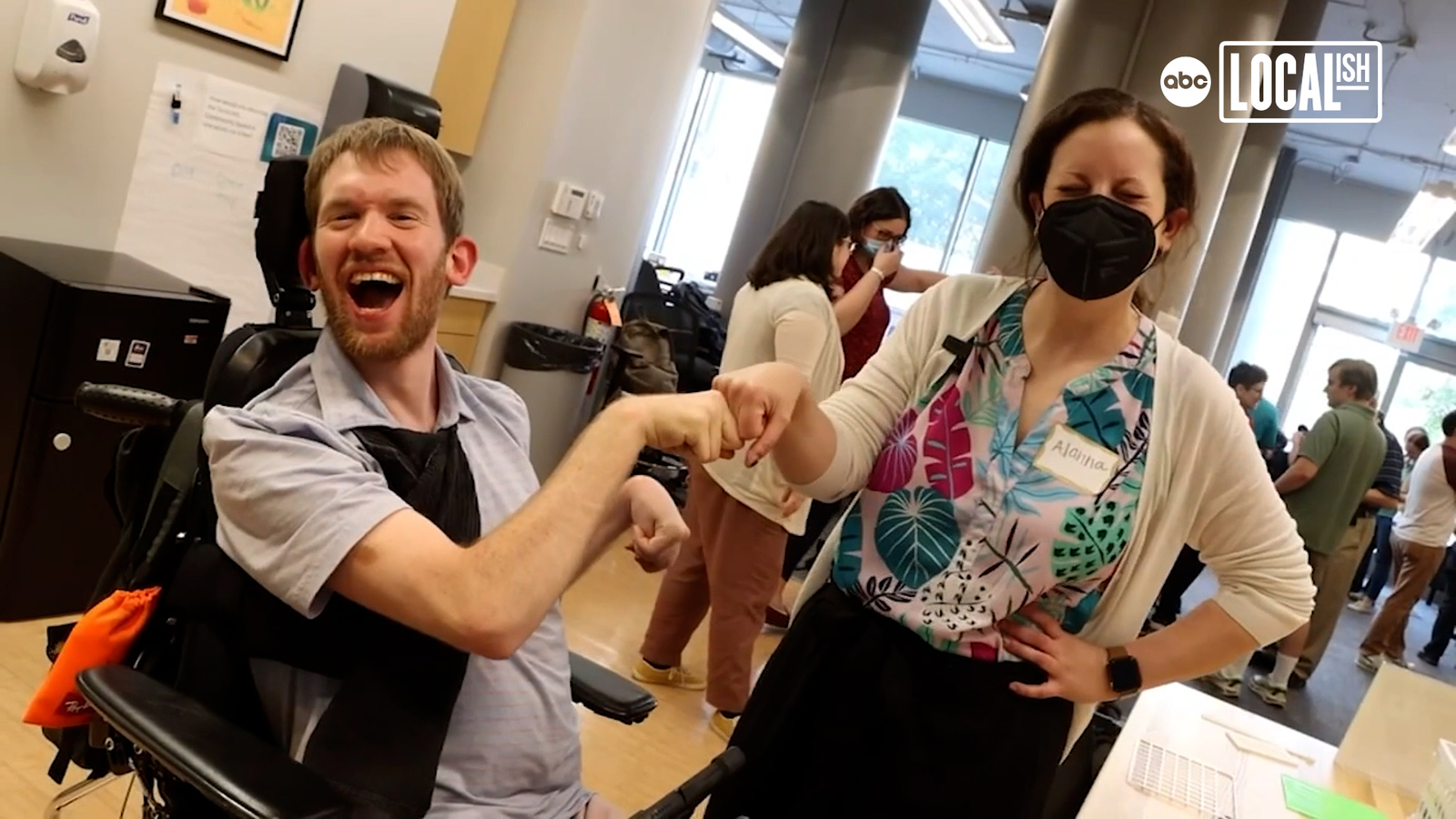Can Tech Really Block Teens from Social Media? Australian Trial Shows Promise, But Concerns Remain

Australia is pioneering a unique approach to protecting young people online: a potential ban on social media access for those under 16, enforced by technology. A recently concluded trial, commissioned by the Australian government, has yielded promising initial findings, suggesting that the technologies being tested are indeed “private, robust, and effective” at identifying and restricting underage users. However, experts caution that these findings are at odds with other evidence and raise complex questions about privacy, accuracy, and the potential for circumvention.
The Trial and its Findings
The trial, conducted by consulting firm Deloitte, aimed to assess the feasibility and effectiveness of various technological solutions for verifying age and blocking access to social media platforms. The technologies explored included facial recognition, digital identity verification, and data analysis techniques. The preliminary report indicates a high degree of accuracy in identifying underage users and blocking their access, while also emphasizing the importance of protecting user data through privacy-preserving methods.
Why Australia is Taking This Step
Australia's proposed legislation, which would require social media companies to prevent under-16s from accessing their platforms or face substantial fines, stems from growing concerns about the negative impacts of social media on young people's mental health and well-being. Issues like cyberbullying, exposure to harmful content, and the pressure to maintain an online persona have fueled calls for stricter regulation.
Contradictory Evidence and Challenges Ahead
Despite the encouraging findings of the Deloitte trial, experts have expressed reservations. Critics argue that the trial's methodology may have been overly optimistic and that the technologies tested may struggle to accurately identify all underage users, particularly those who use VPNs or other circumvention tools. Furthermore, concerns remain about the potential for bias in facial recognition technology and the risk of false positives, which could inadvertently block legitimate users.
“While these technologies show promise, they are not a silver bullet,” says Dr. Emily Carter, a researcher specializing in digital safety for children. “We need to be realistic about the limitations and potential unintended consequences. A blanket ban, even with technological enforcement, may not be the most effective or equitable solution.”
Privacy Concerns & The Future of Regulation
Another significant challenge lies in balancing the need to protect children with the fundamental right to privacy. Collecting and storing biometric data, such as facial scans, raises serious privacy concerns and could be vulnerable to data breaches. The legislation has also drawn criticism from tech companies who argue it is overly burdensome and difficult to implement.
The Australian government is now reviewing the trial findings and considering its next steps. The debate surrounding the proposed legislation highlights the complex challenges of regulating social media and protecting children in the digital age. It’s likely that Australia’s approach will be closely watched by other countries grappling with similar concerns, potentially shaping the future of online safety regulation worldwide.
Ultimately, a multi-faceted approach that combines technological solutions with education, parental controls, and platform accountability is likely to be the most effective way to safeguard young people online.






